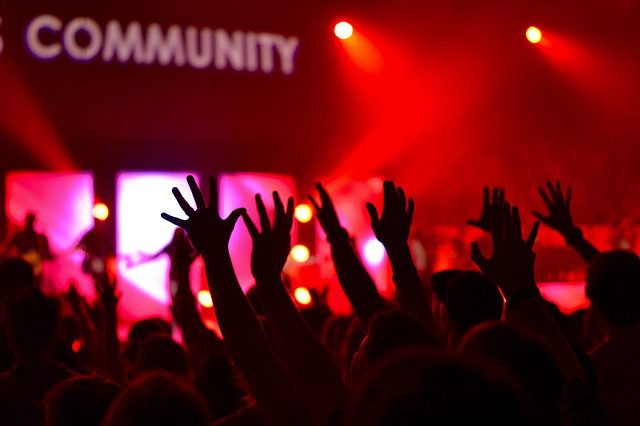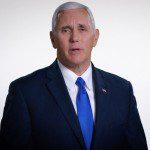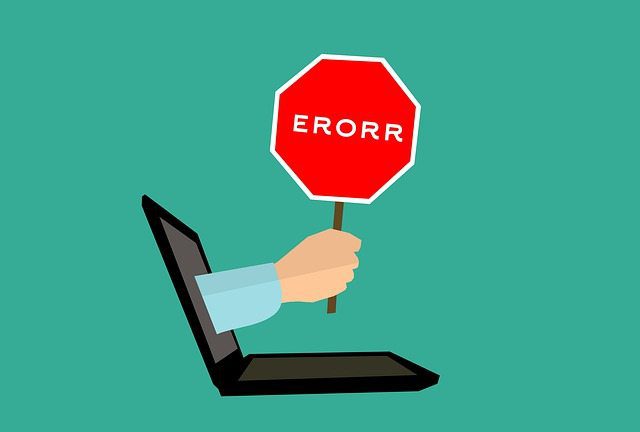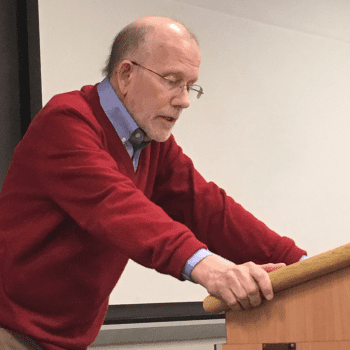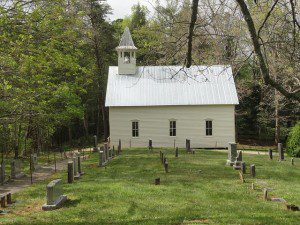
In recent years, it has become clear to me that I have a narrower conception of the term “evangelical” than a lot of people. I do not think we should use the term as a synonym for white non-Catholic.
Coincidentally, I am writing this on Election Day 2016, after another cycle of polling and breathless media attempts to understand evangelicals. Republican presidential nominee calls them “the evangelicals,” as though they some strange group.
Evangelicals are not strange. But it is impossible to understand or even talk about them if we do not have some common conception of what “evangelical” means. Too often, I hear the term tossed around as a synonym for conservative, Southern Republican. That’s just sloppy. And empirically false.
Evangelicals are practicing, theologically conservative Protestants.
The following people can be evangelicals:
- White people who attend evangelical churches
- Nonwhite people who attend evangelical churches
- People in mainline denominations who are doctrinally conservative
- People in historically black denominations who are doctrinally conservative
- Doctrinally conservative Protestants who, even if they do not attend church regularly, privately practice acts of Christian devotion
- In general, evangelicals are distinguished from fundamentalists in their openness to engage and take part in the broader culture
- Evangelicals can be politically interested, but they do not have to be
- Evangelicals can be politically and socially conservative or liberal
The following people are not evangelicals:
- People who do not hold doctrinally conservative theological beliefs
- People who do not live lives of Christian devotion in any meaningful way
- Roman Catholics or Eastern Orthodox
A progressive evangelical or liberal evangelical is a Protestant who holds center-left, left-leaning, or radically leftist political views but who is doctrinally conservative.
FAQ about Evangelical Identity
I thought evangelicals were white.
No, all evangelicals are not white. Most evangelicals in the United States are white. For now. But plenty of nonwhites are evangelicals.
I thought all evangelicals voted Republican.
No, not all evangelicals vote Republican. An overwhelming majority of white evangelicals vote Republican. A large majority of nonwhite evangelicals vote Democratic.
The Reverend Dr. Russell Moore of the Southern Baptist Convention’s Ethics & Religious Liberty Commission, whom you admire, says Christianity is strange/weird. What do you say?
It is not strange or weird. It is very normal for an American to be an evangelical Christian. It is not strange or weird to believe in God and Jesus Christ. It is not strange or weird to believe that marriage is between a man and a woman and sex is properly reserved for such unions. A lot of people believe that. The Reverend Dr. Moore says he met a lady on a plane who told him she didn’t know anyone who was against non-marital sex. Thats lady needs to get out more. Dr. Moore says it is weird to believe that a previously dead man is going to appear in the sky riding a white horse. That is little strange, I will admit. But it is not strange to believe in divine providence, in Christian hope, or that God is guiding history to a meaningful end in his own self and in the fullness of his own time. A lot of people believe that.
Are you saying there are fewer evangelicals than we typically suppose?
Yes.
Are you saying that a 48 year old white man who was saved and baptized at age 9 but has not been to church in over 20 years is not an evangelical?
Yes.
The Reverend Jim Wallis, with whom you have worked, is a well known progressive evangelical. But you seem to think that there are not so many progressive evangelicals. What’s going on?
I think there are plenty of progressive/liberal evangelicals. They are mostly nonwhite. My observation is that, for white American Protestants, holding progressive political views is pretty strongly correlated with holding moderate or liberal theological views. That seems less true for nonwhite American Protestants. For black, Hispanic, and other ethnic minority Protestants, it seems more natural to hold conservative theological views and somewhat more progressive political/economic views. I am somewhat sympathetic to the notion that progressive evangelicalism is often a jumping off point into liberal Protestantism, which is in turn often a stopover on the road to being a religious “None” or lapsed Christian. When I talk to politically/socially progressive Protestants, I find that they very often do not believe what evangelicals believe. Again, this is more true of white people. I could be wrong, and I do not have good data on this. In my view, if you do not believe what evangelicals believe, then you are not an evangelical. Period.
Are you saying that a person who does not actively hope to convert the world’s people to evangelical Christianity, who thinks Jews and Muslims do not need Christ for salvation, and/or who thinks Jesus did not literally/bodily rise from the dead cannot be an evangelical?
Yes.
But I’ve heard evangelicals are a huge, politically significant cultural group.
They are a large group, but not as large as people have supposed. They are politically significant, but not as significant as most people suppose.
What do you think about how public opinion surveys capture evangelical identity?
I think that most surveys, for good practical but bad theoretical reasons, have an overly broad conception of evangelical identity. A white non-Catholic who claims at least some nominal Christian belief or affiliation is not automatically an evangelical.
Some conservatives try to prove that evangelicals are still strongly against same sex marriage, etc. by using survey data that includes only theologically conservative Protestants who are frequent churchgoers. Isn’t that a little sneaky?
Yes, a little. There are more evangelicals than what you see in the Mark Regnerus data sets. There are fewer evangelicals than what you see in polls by PRRI and Pew.
I’ve heard some politicians like Bobby Jindal and Mike Pence describe themselves as “evangelical Catholics.” Are you sure that’s not a thing?
I’m sure. Many Catholics and evangelicals have common cause on a few political issues. In my view, they should have common cause on many more. Their different theologies of the Church, the sacraments, the saints, etc are truly huge differences. A believing, practicing Roman Catholic cannot be an evangelical. Evangelicals are Protestants by definition.
But Marco Rubio, a Catholic, campaigned across Iowa sounding like a Baptist youth pastor. His wife is evangelical. They take their kids to an evangelical church sometimes, even though they are baptized Catholics.
I think Mr. Rubio may be confusing his kids a little. He should probably talk to his priest. I don’t know what would happen if every Catholic child went to allegedly superior children’s programming at evangelical megachurches. But religion in America is fluid. Definitions and identifications can sometimes be pretty loose.
This may not be interesting or helpful to anyone but me. I just want to have a place to point friends and critics when discussing evangelicals. I often get the feeling that we are not talking about the same group of people. I want to clarify who I consider to be part of this category.
